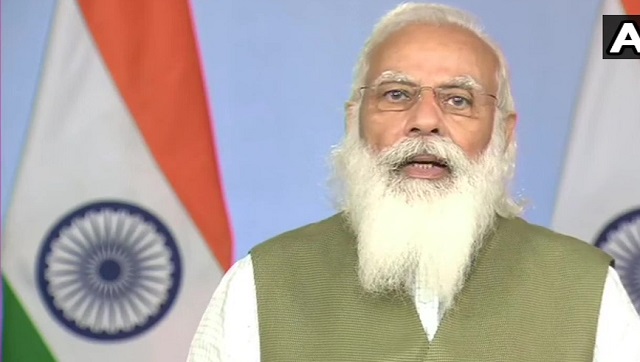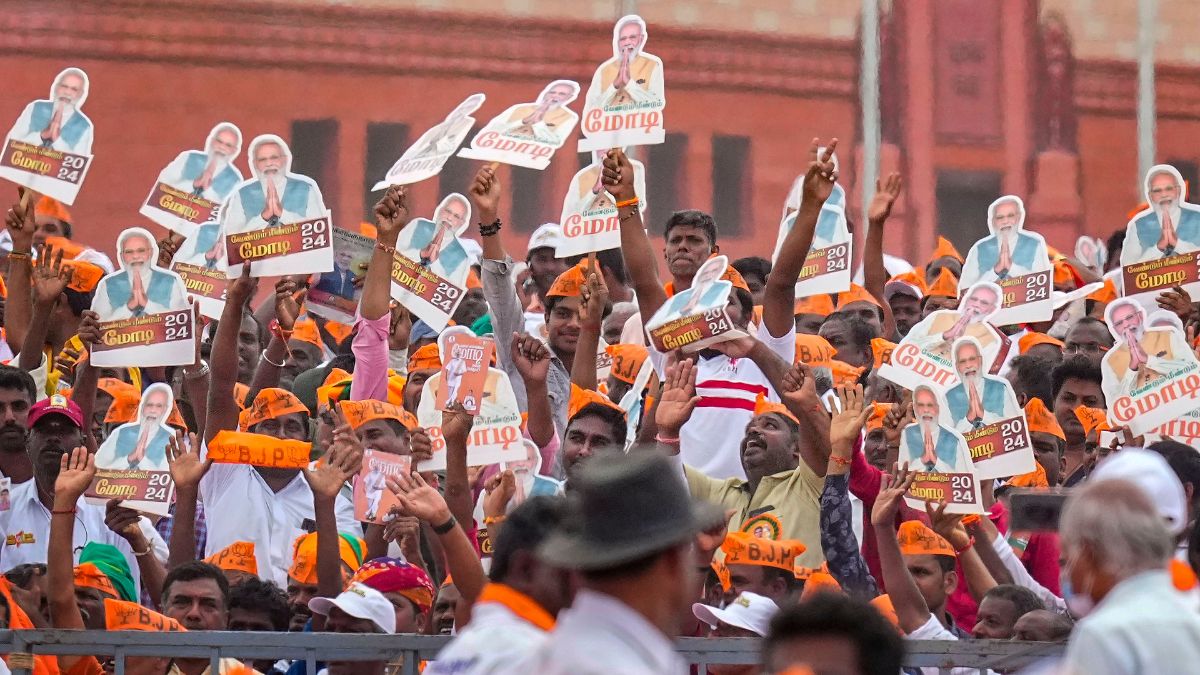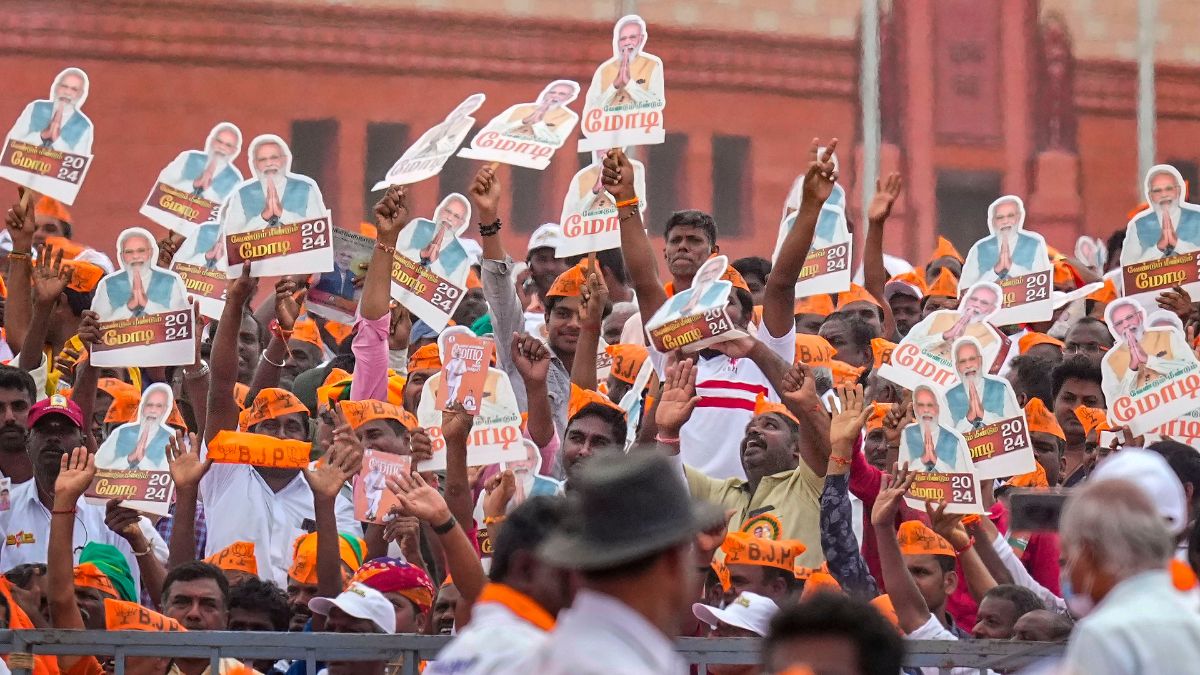The issues of equality and diversity have been at the core of all social and political ideologies globally. When it comes to India, this ideological notion of social justice has been the biggest changing agent in society and politics. During the freedom movement, the debate as well as a point of contention between Babasaheb Bhimrao Ambedkar and Mahatma Gandhi clearly justified that the establishment of a social value system was important to the growth of an Independent India. Debates over the constituent Assembly have many references expressing this perspective.
The above introduction is in the backdrop of the recent Cabinet expansion of Prime Minister Narendra Modi’s government. Since 1952, the representation of subaltern communities has never been adequate in the Central Cabinet given their social stake. Even the so-called champions of social justice and secularism have failed to promote the new-age leadership among the subaltern section of the society. The tragedy of these parties in Opposition today is that whenever they got an opportunity, the sons and daughters were promoted to lead their political legacy without any hesitation.
Those criticising the BJP must be aware that any son or daughter, without political struggles, has never been rewarded in the party.
The Modi government has given the biggest representation to the SC, ST and OBC communities in the Central Cabinet since Independence. Undoubtedly, this new strategic move by the prime minister is rational, realistic and futuristic, and any unbiased sociologist or political scientist will agree to the point. The cynical Opposition may not agree, but it is the need of the hour to diversify polity in order to give representation to the subalterns in all spheres of life and all aspects of governance. As per the vision of the prime minister, New India will have to take along everyone and all sections of the society. The prime minister has not only given the slogan “Sabka Sath, Sabka Vishwas and Sabka Vikas”, but have also sincerely tried to implement it. The courageous move of the prime minister to induct such a big number of subaltern community leaders is surely going to change not only the outlook of the government but also the future politics of India.
The new Cabinet has now 12 SC, eight ST, 27 OBC, five minority, 11 women ministers. There are 29 ministers belonging to other agrarian and general communities. This list is enough to suggest that the new-look government wants to create a New India, and take all sections of the society along. While saying this, one cannot doubt the quality concern of the prime minister, as the list of ministers includes four former chief ministers, 18 former ministers in states and 39 former MLAs.
Also, 46 have past experience of being ministers at the Central level and 23 ministers have decade-long parliamentary experience as MPs for three or more terms. The list of ministers includes 13 lawyers, six doctors, five engineers, seven civil servants as well as seven PhDs, three MBAs and 68 graduates.
When the Narendra Modi government came to power in 2014, the continuous effort to promote diversity in all layers of governance and decision-making was quite visible. Some Bahujanwadi group people describe giving 10 percent reservation to economically deprived general category citizens as an attempt to scuttle the policy of reservation. They forget that it is the same Modi government that ensured the restoration of SC/ST Act by bringing in amendments.
The credit surely goes to the prime minister for fulfilling long-pending grievances of OBC organisations to give constitutional status to NCBC. The social justice leaders who promote caste debates to claim the Union government is against backward communities can’t present any online or offline credential to prove that they have ever tried to give constitutional status to NCBC. Had this been, this genuine demand of OBCs shouldn’t have waited for almost three decades.
The recent Cabinet expansion by Modi gives a strong message to the communities, who were left out till date in policy-making and decision-making, that their time has come. This gives an opportunity to the subaltern leaders who have been inducted in the top decision-making body to prove their leadership credentials and work hard to realise the vision of Modi. The days of casteist and dynastic social justice leaders are going to be over, as a new era of social justice has begun.
Modi has started writing a new script of governance based on social justice that wants to take along the subalterns, not on a note of mercy but with a sense of great pride. This Union government has the quantitative aptitude as well as the qualitative merit to take India towards the future, to newer heights. Modi as the new messiah of social justice has arrived. He is sincerely trying to establish a social value system, which is really important to the growth of India.
Dr Nikhil Anand is presently the National General Secretary of OBC Morcha of BJP as well as the Spokesperson of Bihar BJP. He has been a journalist for two decades


)




)
)
)
)
)
)
)
)